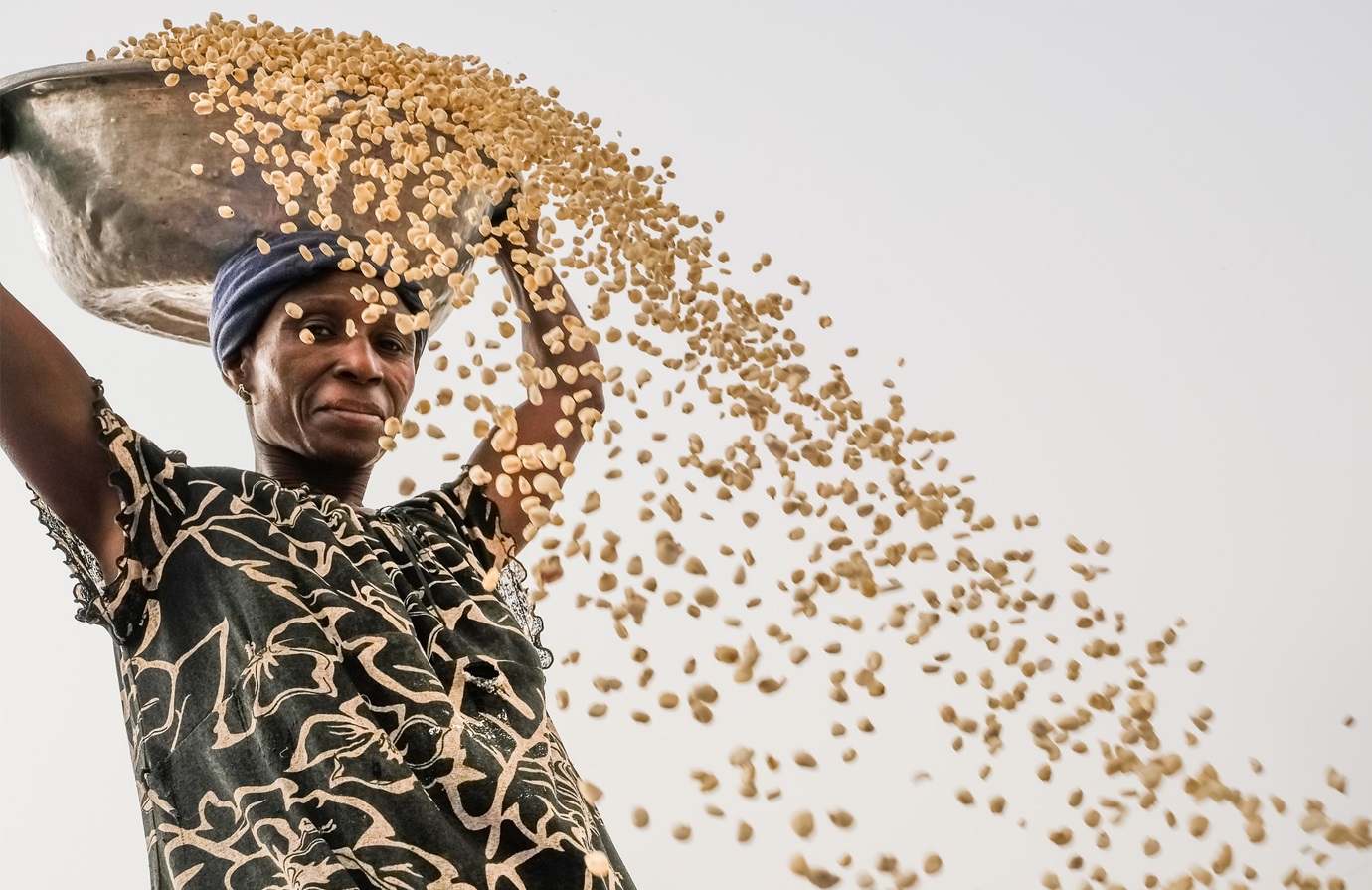The development of sustainable food systems is a key component of the 2030 Agenda for Sustainable Development. This course discussed why eliminating gender inequalities is pivotal to achieving the necessary transformations.
It proposes FAO’s gender-sensitive value chain framework as an approach for the analysis of value chains, and for guiding interventions to address gender-based constraints.
System Requirements
The online version of this course runs on the latest versions of Chrome and Safari. In order to access this course on Internet Explorer or Firefox, you must install and enable Adobe Flash player.
Audience
This e-learning course primarily targets development practitioners and policy makers working on the development of sustainable food systems.
The course also benefits those interested in learning more about how to address gender dimensions in value chain interventions in the agricultural sector, including academics and researchers, extension agents and gender specialists.
You will learn about
- Why it is important to address gender equality as part of sustainable food systems development
- The FAO gender-sensitive value chain framework and its key characteristics
- How to conduct a gender-sensitive analysis of agrifood value chains
- Approaches and actions to address gender-based constraints and provide women and men with equal opportunities along the value chain
Course structure
The course consists of 3 lessons of approximately 30 minutes duration each:
Lesson 1 – Why is gender relevant to sustainable value chains?
Lesson 2 – Conducting a gender-sensitive value chain analysis
Lesson 3 – Addressing gender-based constraints

